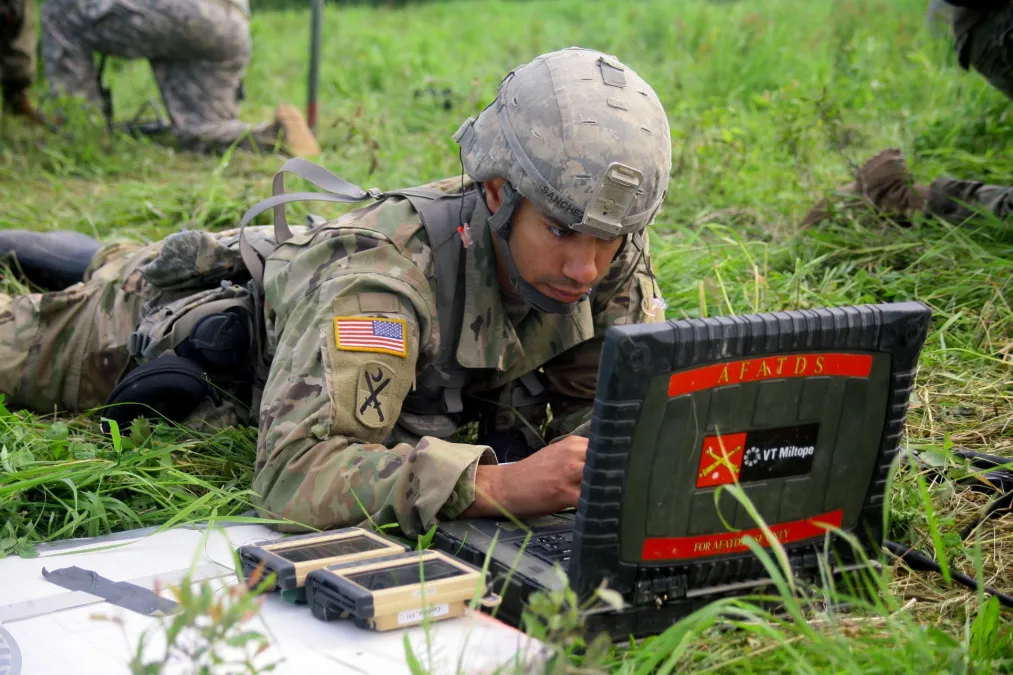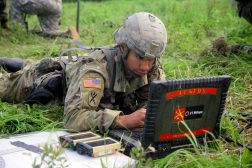Army divesting cyber situational awareness program

The Army intends to terminate a program that would have allowed commanders on the ground to better understand the cyber environment.
According to budget documents released in March, the Army plans to divest the Cyber Situational Understanding initiative beginning in fiscal 2025.
This tool, which began around five years ago, is specifically designed for ground commanders to have better insight into the cyber and electromagnetic landscape to make more informed decisions, but it is not meant to be used for cyberspace operations.
“The Cyber SU program responds to requirements in the program’s validated Information System-Initial Capabilities Document (IS-ICD), further detailed in a Requirements Definition Package (RDP), valid for FY 2020 through FY2024,” new budget documents state. “These requirements will not be revalidated for the Cyber SU program but will be subsumed as part of a broader effort currently under Army review. The Cyber SU software will be provided to the programs responsible for the updated requirements and the stand-alone Cyber SU program of record will be divested and the funding (starting in FY2025) will be realigned to other Army priorities.”
While the need for situational understanding in cyber remains — and the Army is not divesting from situational understating or missions in cyberspace — the Cyber SU information technology requirements will be realigned to suit the service’s future needs with other material development efforts, according to a spokesperson from program executive office for command, control and communications-tactical, which is managing the system.
Additionally, the spokesperson added that the product manager for Mission Command-Cyber, which had been charged with the effort, has been reflagged as product manager for Signals Infrastructure in order to reflect the expanded portfolio encompassing hardware, software and digital, radio frequency and cyber defensive infrastructure. Products under this new portfolio all are centered around the security of infrastructure of tactical communications and digital systems.
Cyber SU was slated to begin looking at providing commanders awareness into the broader information space. It had also undergone testing with 1st Armored Division.






